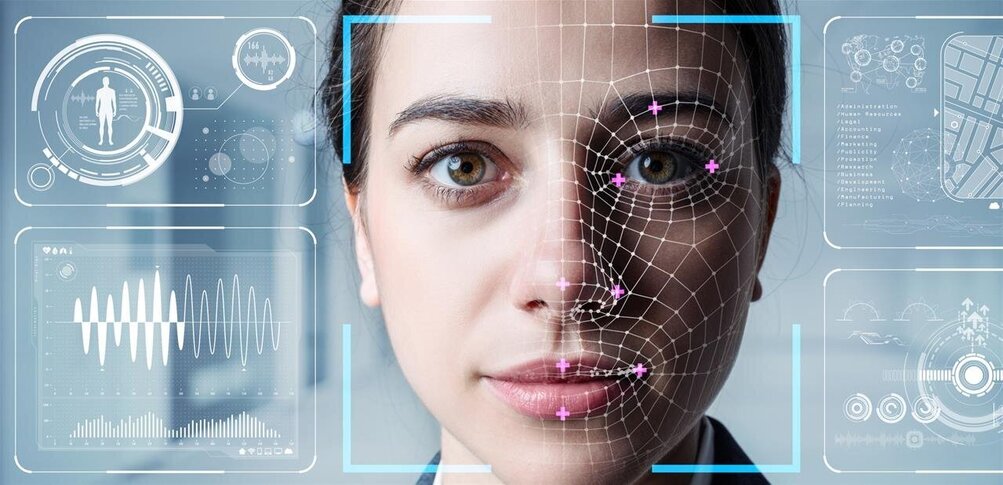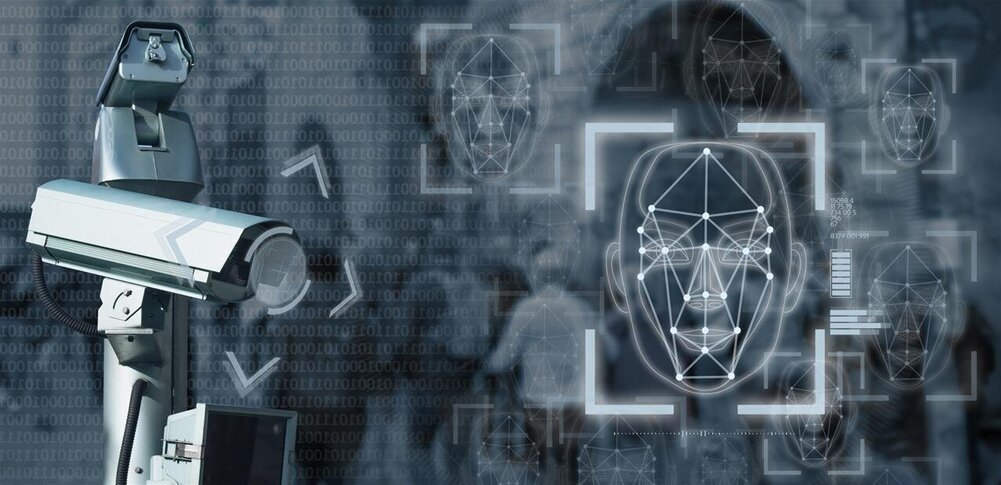We all know technology is a driver of change. Much of the development and improvements we’ve seen in the healthcare industry today as compared to 20, 10, or even five years ago, have been a direct result of technological innovation. As technology continues to get smarter, faster and more reliable, it seems like the possibilities are endless.
Artificial intelligence (AI), and especially machine learning (ML), are likely to have a tremendous impact on the future of the healthcare industry for patients, physicians and medical researchers. As one example, according to a 2016 study out of Johns Hopkins, medical errors stemming from individual and/or system-level mistakes were identified as the third-leading cause of death in the United States. Utilizing AI technologies in healthcare settings focused on patient treatment and care can help reduce this number. Yet it will take some work to get there. More education on the benefits of AI technologies, as well as the ways to properly incorporate these technologies, is necessary before we will see widespread adoption across the healthcare industry.
Mots-clés : cybersécurité, sécurité informatique, protection des données, menaces cybernétiques, veille cyber, analyse de vulnérabilités, sécurité des réseaux, cyberattaques, conformité RGPD, NIS2, DORA, PCIDSS, DEVSECOPS, eSANTE, intelligence artificielle, IA en cybersécurité, apprentissage automatique, deep learning, algorithmes de sécurité, détection des anomalies, systèmes intelligents, automatisation de la sécurité, IA pour la prévention des cyberattaques.





